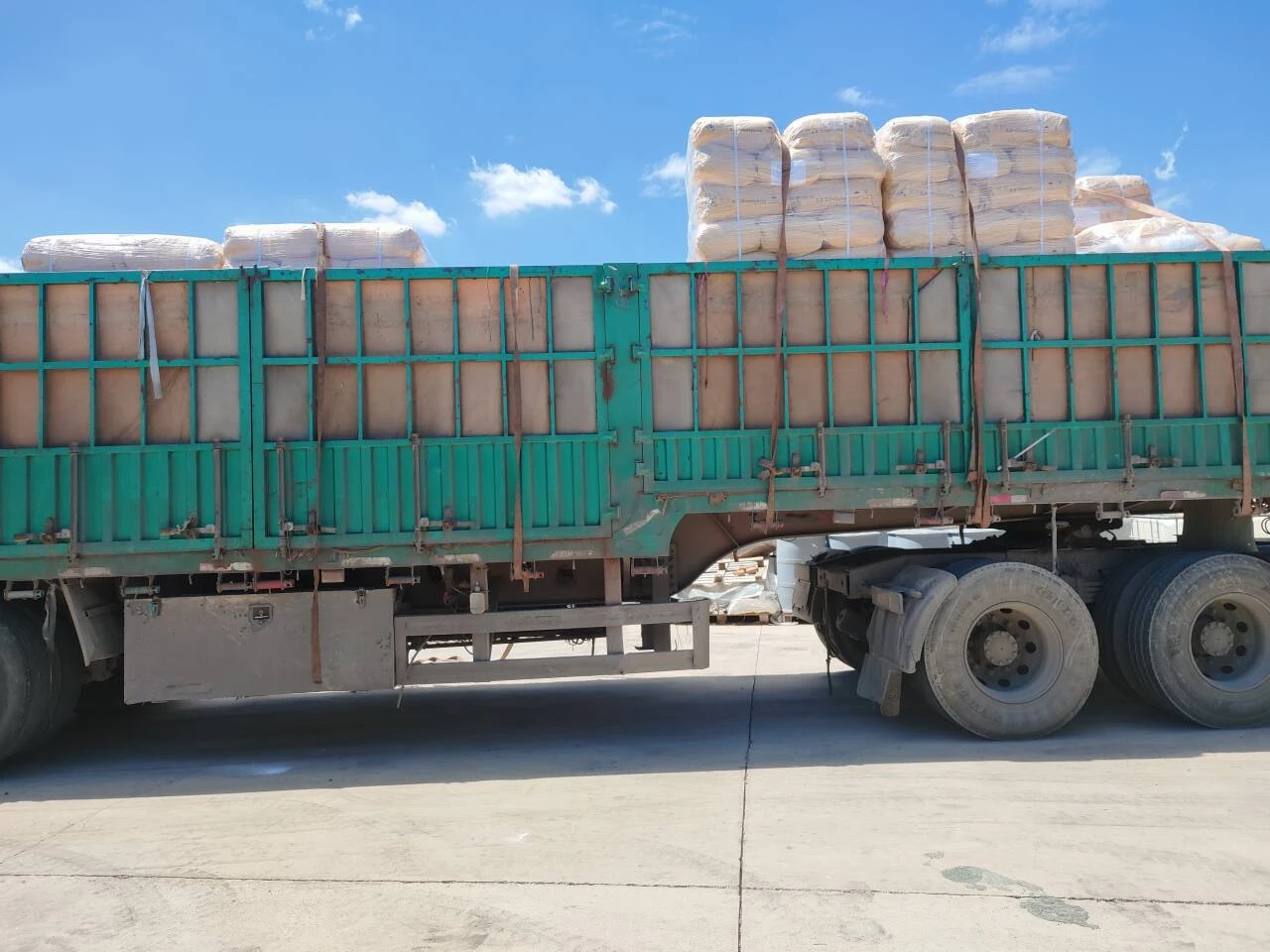Pharmaceutical Components The Building Blocks of Modern Medicine
The pharmaceutical industry is vital to global health, producing the drugs that treat a myriad of conditions and improve the quality of life for millions. At the heart of this industry are pharmaceutical components, the essential elements that make up drugs. These components are crucial for the efficacy, safety, and stability of medications, and they can be broadly categorized into active pharmaceutical ingredients (APIs) and excipients.
Active Pharmaceutical Ingredients (APIs)
Active Pharmaceutical Ingredients are the biologically active components in a medication that produce the intended effects. They are the primary building blocks of a drug and are responsible for its therapeutic action. The development of APIs involves extensive research and development, encompassing both chemical synthesis and biological extraction.
The process begins with identifying a suitable compound that can interact precisely with a biological target, such as a receptor or enzyme. Once identified, this compound undergoes rigorous testing to evaluate its pharmacological properties, such as potency, safety, and pharmacokinetics (the study of how the drug is absorbed, distributed, metabolized, and excreted in the body). This phase is critically important; the safety and effectiveness of the drug depend heavily on the properties of the API.
Manufacturing APIs often requires advanced chemical processes, including synthesis, purification, and scale-up techniques. Quality control is essential, as the final product must meet stringent regulatory standards set by health authorities such as the U.S. Food and Drug Administration (FDA) and the European Medicines Agency (EMA). Any impurities or variations in the drug's composition can lead to significant adverse effects or reduce the medication's effectiveness.
Excipients The Unsung Heroes
While APIs are well-known for their therapeutic roles, excipients play an equally important, albeit less celebrated, role in pharmaceutical formulations. Excipients are inert substances that serve various purposes in drug formulation, including aiding in the drug's stability, solubility, and delivery. They can enhance the absorption of the API, improve the flavor for oral medications, and preserve the product’s shelf life.
pharmaceutical components

Excipients are categorized into different types based on their functions. For instance, binders hold the ingredients in a tablet together, while fillers provide bulk and allow for easier handling and dosing. Disintegrants facilitate the breakdown of tablets into smaller particles for improved absorption in the gastrointestinal tract, and lubricants help in the manufacturing process by preventing the components from sticking to the equipment.
The selection of excipients is crucial and requires careful consideration. They must be compatible with the API and fulfill their intended purpose without adversely affecting the drug's performance. Additionally, excipients must comply with regulatory standards to ensure that they are safe for human consumption and do not pose any health risks.
The Future of Pharmaceutical Components
As technology progresses, the field of pharmaceutical components is evolving rapidly. New techniques, such as nanotechnology, are enhancing the delivery of APIs, allowing for targeted therapies that minimize side effects and maximize effectiveness. Personalized medicine is another exciting area where pharmaceutical components can be tailored based on individual patient profiles, leading to more effective treatments with fewer adverse reactions.
Moreover, the development of biopharmaceuticals, derived from biological sources, is reshaping the landscape of drug manufacturing. These innovative therapies often require sophisticated processes and specialized components, pushing the boundaries of traditional pharmaceutical production.
Conclusion
In conclusion, pharmaceutical components—encompassing both active pharmaceutical ingredients and excipients—are fundamental to the development and formulation of effective medications. As the industry continues to evolve, the emphasis on quality, safety, and innovation in pharmaceutical components will remain paramount in delivering effective healthcare solutions. Understanding these components not only sheds light on the complexity of drug development but also underscores the critical role they play in improving patient outcomes and advancing global health.

